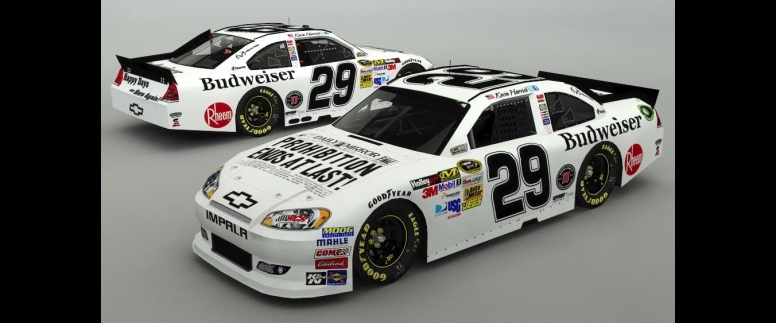
Here is an example of taking an old idea and, via re-branding, image and marketing, can craft something new.
A Canadian Brewer hopes to boost sales of non-alcoholic beer with Budweiser Prohibition Brew. It is the same Bud but, a new non-alcoholic beer made with the same ingredients as regular Budweiser.
Labatt is betting $6 million there’s a market for good ol’ Budweiser — minus the buzz.
The brewer has invested in new equipment for its London brewery to extract alcohol from Canada’s most popular beer to produce Budweiser Prohibition Brew. Labatt’s Jeff Ryan said it’s another option for people who like the taste of beer and want to hang out with their buddies.
“They may want the camaraderie of having a beer with . . . friends and neighbors, but they are not drinking alcohol, for whatever reason,” said Ryan.
Prohibition Brew is made with the same ingredients as Bud, but the new gear gently heats the fermented beer and siphons away the alcohol. Labatt and other brewers have long offered low-or no-alcohol beers, but they have never made up more than a small sliver of the market.

Labatt’s parent, Anheuser-Busch InBev, aims to boost lower-alcohol beers from 9% to at least 20 per cent of its global volume by 2025. Ryan said a no-alcohol version of Brahma beer, launched in Brazil in 2013, was a big hit.
The Prohibition brand is a nod to the company’s past. When the U.S. banned alcoholic drinks in 1919, Anheuser-Busch made a no-alcohol Bud that could be sold legally. And in addition, the brand literally rolls out with a new Kevin Harkin driven NASCAR racer with Prohibition headlines on the hood. There is even a die cast toy model out.
Roger Mittag, who runs the beer education and consulting firm Thirst for Knowledge, says low- or no-alcohol beer commands less than one per cent of the Canadian market, but he also believes the segment is likely growing as part of a trend to healthier lifestyles.
The old version of low-alcohol beer was made by stopping fermentation. The Prohibition Brew method — removing alcohol from fully fermented beer — produces the best quality product.
“It’s not exactly the same as regular beer, but it’s pretty hard to tell,” said Mittag, who helped set up a beer certification program at Fanshawe College.
Labatt president Jan Craps sees a market for no-alcohol beer as an alternative to sugary soft drinks: “With consumer trends moving away from overly sweet beverages, the time is ripe to leverage the power of Budweiser to provide beer lovers with an innovative option.”
Labatt will sell Prohibition Brew around the world, but Canada will be the test market.
Ryan said the $6 million investment isn’t expected to create new jobs in the short term, but if it pays off, it could boost overall production here.




